We’re just going to lay our hand on the table right here and right now.
This morning we are reading the World Wildlife Fund’s “Living Planet Report 2020: Bending the Curve of Biodiversity Loss,” which in the WWF’s words:
“provides unequivocal and alarming evidence that nature is unravelling and that our planet is flashing red warning signs of vital natural systems failure. The Living Planet Report 2020 clearly outlines how humanity’s increasing destruction of nature is having catastrophic impacts not only on wildlife populations but also on human health and all aspects of our lives.”
Yes. So, blog-that’s-trying-to-figure-out-what-we’re-supposed-to-do-about-climate-change, what are we supposed to do about it?
Just this, and only this:
We must refocus every human life toward solving this problem, all the time. Right now.
Hard work and sacrifice toward a better life — not just a better future life, but a better life right now.
If you’re one of those people who has taken to blaming 2020 for what we see around us, you no doubt know what I mean. Because the 2020 everyone is complaining about is actually us. You and me. The collective achievement of all 7.8 billion human beings spread out on this planet.
2020 is us; it’s ours to own. It’s what we have made of ourselves. And if we can own it, we can come together to fix it.
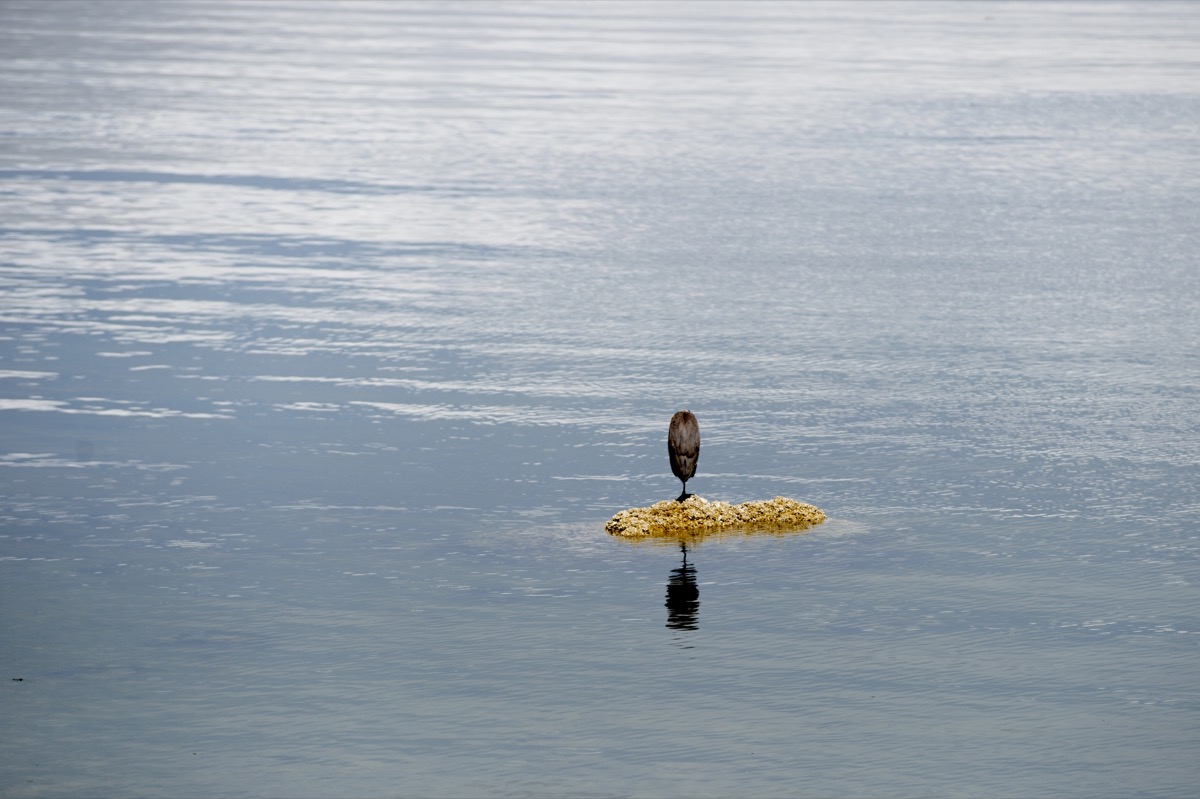
Perhaps this is what they have been trying to tell us all along.
The single answer to all of our problems is a single, shared, common purpose.
The single answer, more specifically, is to do the following:
First, every human being on earth with the slightest bit of emotional space needs to look around at what it means for the planet’s biodiversity itself to be gravely endangered by our actions. For the animals’ and plants’ own sake, for the sake of the planet as a whole, and only lastly for our own sake if we like to eat, drink, breathe, and exist in our beautiful world.
What does it mean for the bugs to be gone? What does it mean for ecologies to die?
What, well beyond our sympathy for or sentimentality about polar bears, do these painful losses mean about who we are and what our future holds?
Then, we need to stop doing everything destructive, forever, and replace it with everything constructive.
Does that sound hard? It shouldn’t be. Not if we take a fresh, clear look at what we want to make of whatever time each of us has on earth.
What does everything destructive mean? It means much more than some cartoon-villain industrialists mining away terra nullius, untouched wilderness, or ripping down an old-growth forest for a new factory.
Nope. Destruction is everyday life. Destruction is in everything we do, and to stop it means first ending a thing that defines who we are collectively. It means tearing the idea of “economic growth” out at the roots, and with it our instinct for perpetual expansion — a survival instinct that is threatening to kill us.
Paradoxically, this most challenging part should not be laborious. To replace a failing act with a nourishing one takes resolve but should not be painful. Our addiction to growth is not biological; it’s psychological, and so there will be no delerium tremens.
If we can let ourselves reorient ourselves around reducing the footprint of a good life to its smallest possible size, the actual act of doing so should be easy, as it speaks to doing less work. It speaks to a notion of enjoying our time more. It speaks to leveraging the effort that we do make, to consciously building each other up so that the primary profit of our hour of work is time.
But rethinking economies and labor for survival now does mean doing hard things. Harder things than we have ever done before. It means sacrifice. It means that every job that now expands our footprint on this tiny planet must be replaced by a job reducing our footprint on this planet.
It means all humanity looking critically at what we have and what we make, and committing to replacing consumption with preservation wherever possible.
It means those who profit most from the everyday destruction must make the most sacrifice. That is not the redistribution of wealth — it is an equitable sharing of responsibility, and furthermore it is a cost/benefit analysis no different than any other.
Because no major corporation stands to do well in the smoldering ruins of the world in which they grew and prospered.
Finally, the answer means thinking and speaking in new ways.
Capitalism, industry, economy, government, unions: these are our tools. We need our tools to do the work. But the work needs to be bent toward new goals.
We need to change not the tools but the goals of the tools — for instance, from “economic growth” to “the preservation of a good life” — and then achieving the goals.
Is that so hard if we set our minds to it?
What does it mean to replace old goals with new ones?
If our new objective is not growth, but rather the preservation of our good life, we permit ourselves to make difficult observations — such as, that the consumption of raw materials is an “evil,” if sometimes a necessary evil, and that the value of everything we do has to be balanced against it.
It means all R&D and development right now and forever need to be analyzed first for how they preserve and restore the planet that sustains us now, that we expect to sustain the precious children we are now having, that we expect to sustain our precious grandchildren, and that we expect to sustain our precious great-grandchildren and those beyond that.
Grandchildren and great-grandchildren may sound unrealistic in 2020, but it doesn’t have to be unrealistic. If we want a world that includes great-grandchildren, we have to the work for it. That’s all.
This means every hour of every job needs to be looked at first for how it impacts the future of the system of biodiversity, locally and systemically. We have to measure and rebuild this economy with that as the first goal, and profit second.
We need to decide what kinds of occupation do we not need at all. What jobs simply create profit from economic growth? What jobs do we do now just because we have always done them? Which are focused on the growth of wealth, the growth of the human footprint which cannot continue if we mean to survive here? What innovations and entrepreneurial efforts really just race us further toward meaningless and destructive consumption and materialism for the sake of consumption and materialism?
What is the labor of excess?
Stop those jobs, repurpose the hours. A lot of the people doing them are leaders who can lead us toward new objectives of the preservation of a good life — or to be blunt, our survival. And a lot of the people providing the labor of excess recognize the meaningless of it and do it badly as a result. All of us know people like that. Some of us are people like that.
A lot of the conflict and strife that characterize 2020 are a result of working toward lost causes and against common purpose.
In this sense, to redefine our economy around our survival is actually an opportunity — for humanity, for nations, and for all of us as individuals.
This is an opportunity to find new common purpose, but it is also a chance to recognize what we love about life and continue doing what we love, in balance with meeting our new goal. We need to preserve life, but we also need to preserve a good life.
Because every single person doing counter-productive jobs now — or doing no jobs at all — represents labor, effort, and innovation that can be turned toward the preservation and restoration of the forests, the oceans, the atmosphere we need to survive. Until whatever time these things are no longer critically endangered.
We can create in this opportunity a powerful new economy with intense purpose. Like we did with the Marshall Plan. Like we once pursued the moon. Like how we just finished building a global commons of information that did not exist at all 30 years ago. Let us use as a model all of our past successes — including precedents such as saving the ozone layer — to build an economy turned single-mindedly toward the restoration and rebuilding of these earthly systems that sustain us.
And with this, only with this, can we build a new society of hope and shared purpose, turning away from division, conflict, and a human story that has revealed itself as a species’ race to the end.
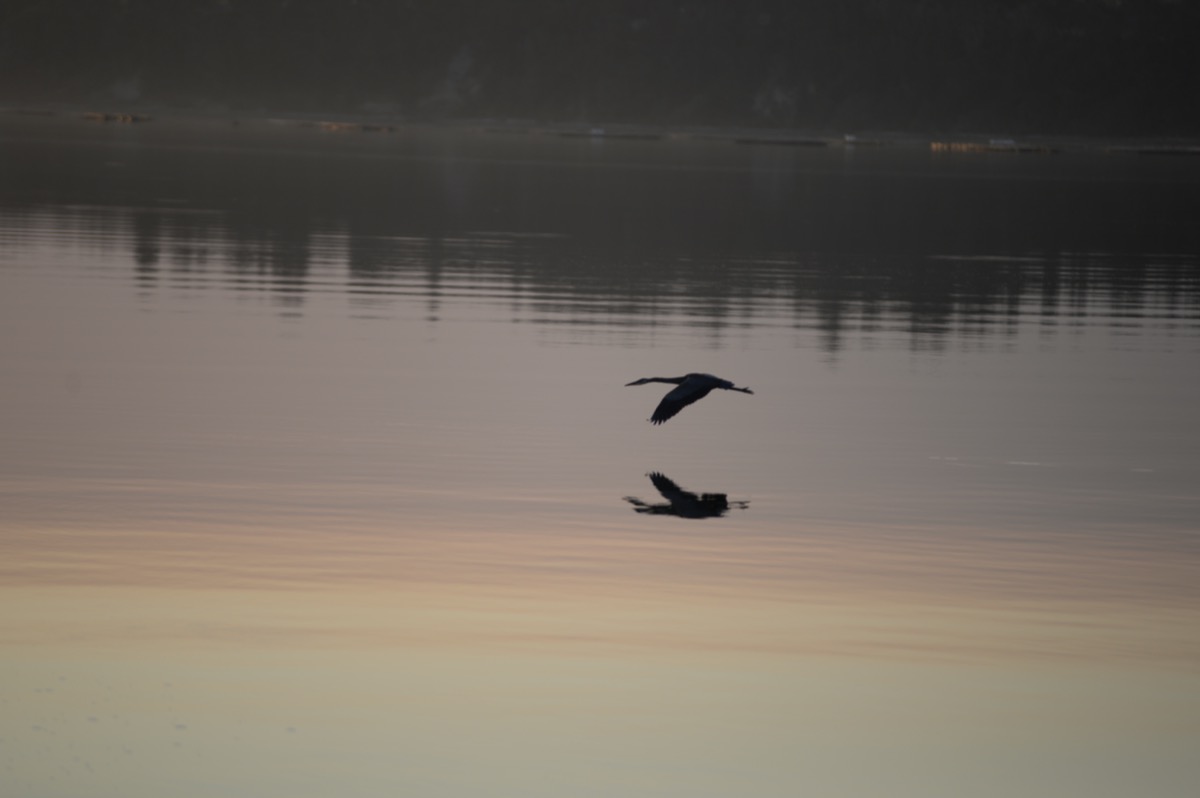
This doesn’t mean we need to stop doing everything we love. Far from it — it’s closer to taking back doing what we love.
Because year 2020 everyone loves to hate is not an aberration. The year 2020 is what we have actively done to our lives.
Replacing a race to our death with a full re-commitment to life would actually make our lives better — more hopeful, more meaningful — in the short term as well as the long term.
Because the way we were living our lives before 2020 was not providing those things. The way we have been living created what we see in 2020.
More cars; more and bigger TVs; more infernal crap in more storage units; bigger houses to fill with more air conditioning; more re-engineered food products for more marketing; more sprawl for more separation between home and work; more gadgets and chemicals to scour the nature out of our lives; more RPMs requiring more oil pumped from the ground; more disposable furniture to fill more landfills; more pesticides to do less weeding — 2020 is the crowning achievement of humanity and these are its emblems.
In 2020, we have let ourselves see that other things are actually more important: long, interrupted hours with family; digging in the dirt to make some tomatoes happen; creative and collaborative enterprises like music, theater, dance, art, and everything we passionately stream; a long, focused conversation with a friend; putting one foot or one pedal in front of the other; a new recipe and good ingredients; difficult or challenging reading; having the time to throw a ball to the dog or pet the cat. Things we have been working out of our lives for a very long time, knowing it, regretting it, not knowing how to stop.
This is how to stop doing what we already knew was wrong: we must consciously, intentionally pull ourselves together in the service of the world.
The answer to everything is common purpose.
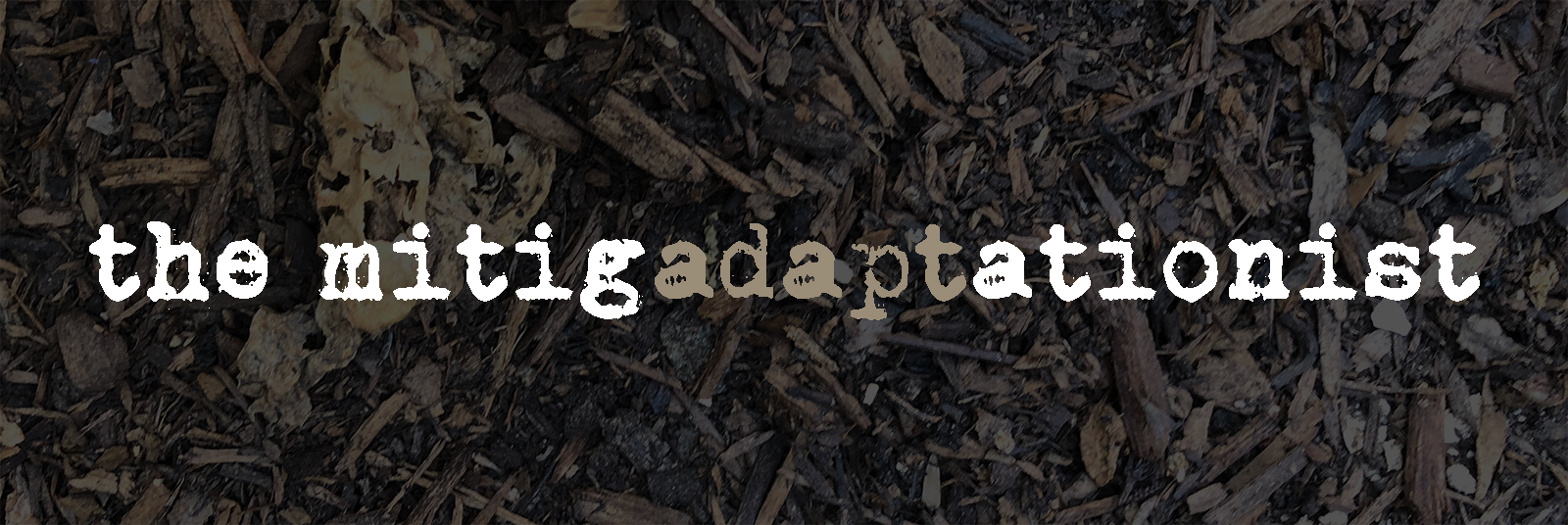

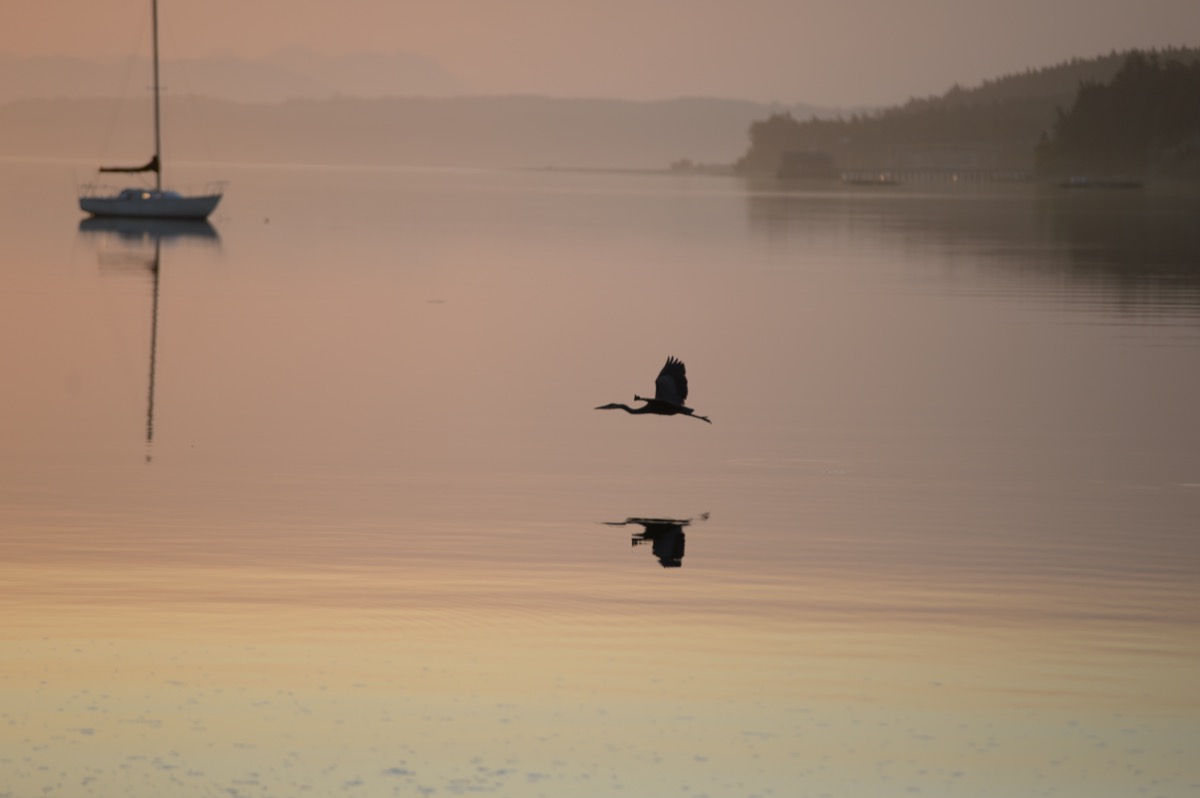
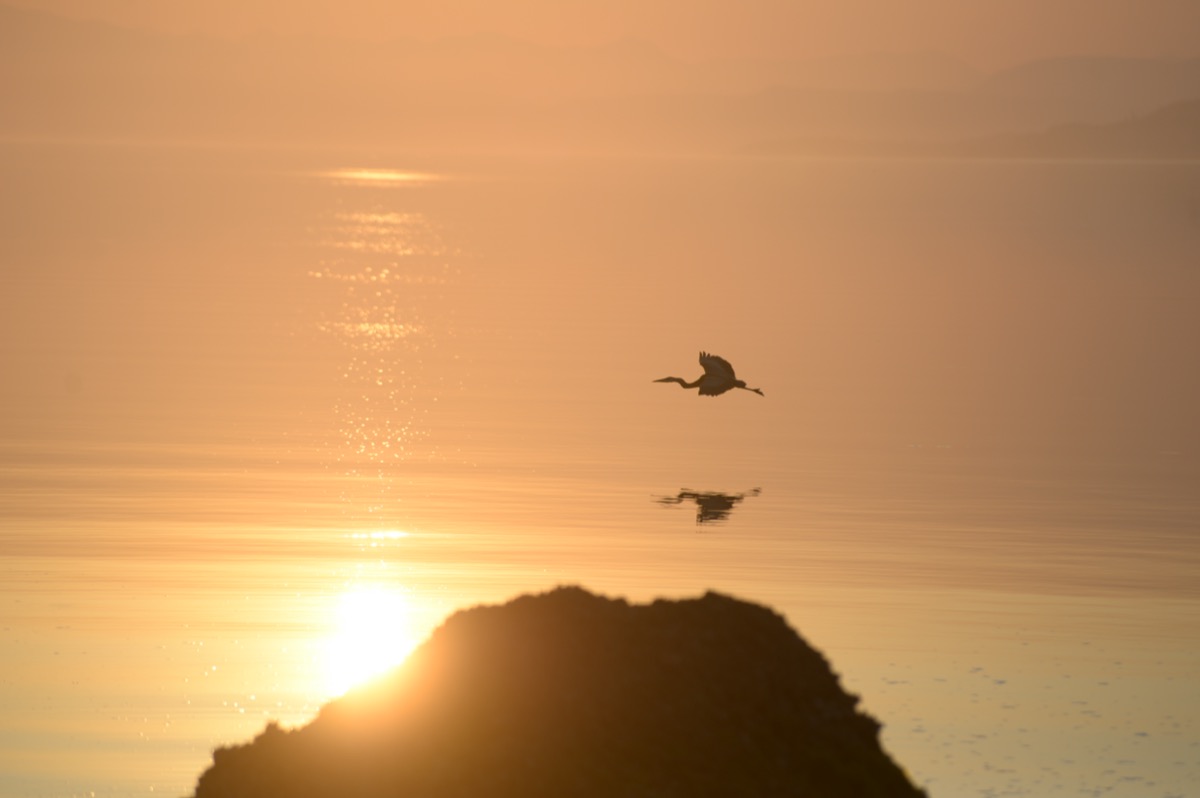
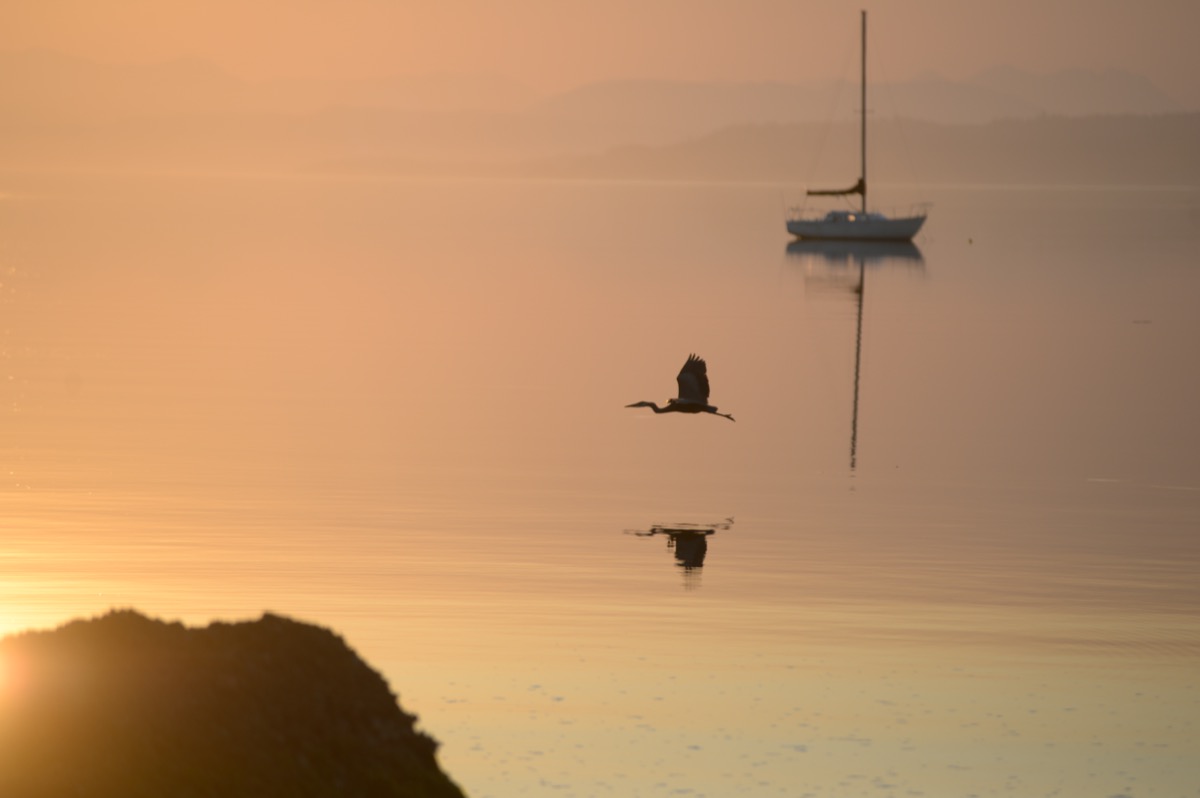
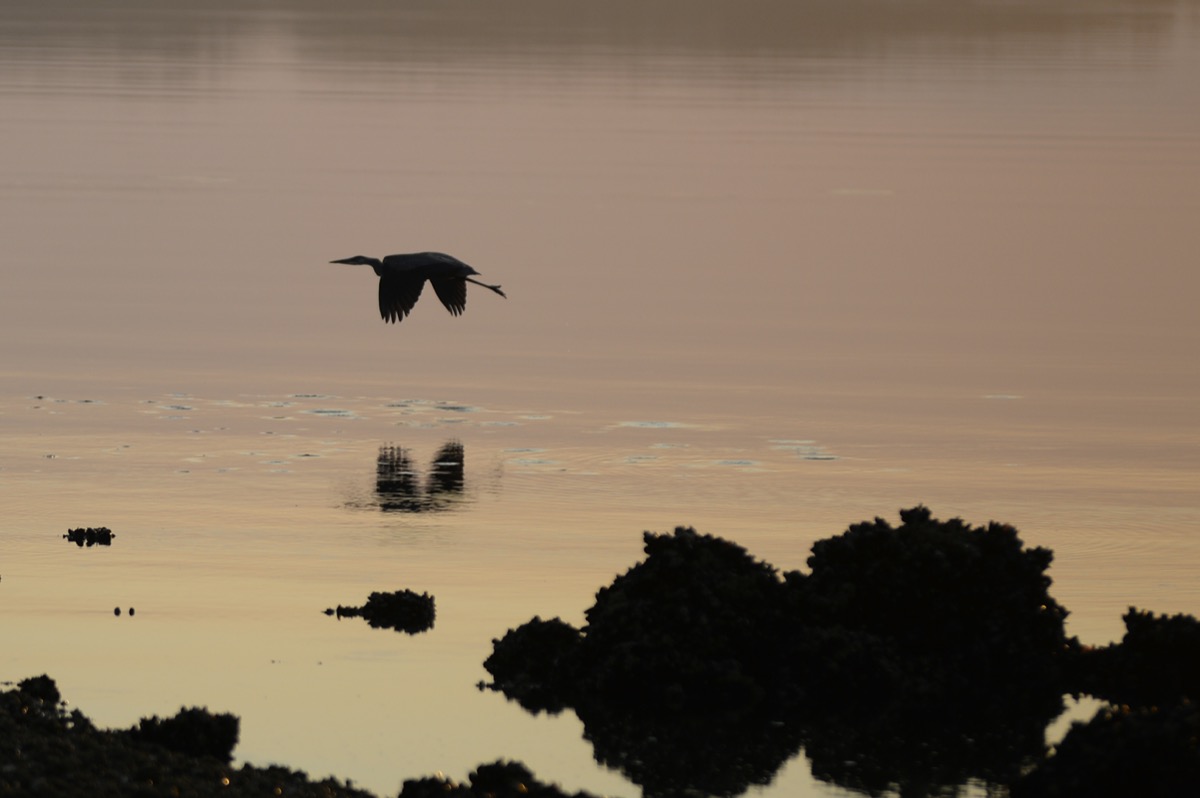

How do we get common purpose?
Your article articulated how I strive to live my life. You are too young to remember when the power of mass peer pressure made me want avocado green or bright orange appliances and so on.
Being true to what I value and think is so liberating and more in harmony with the planet.